Is Buying Organic Worth It?
Deciding whether to buy organic or conventionally grown produce should be an easy task. Unfortunately, it’s not as black and white as many people believe. Due to regulation loopholes, murky labeling, and food equality issues, making optimal food choices can be difficult.
What Does “Organic” Mean?
These days, the term “organic” can feel like a buzzword that simply doubles the price of your favorite berries. I can admit that I still cringe every time I see this reality at the grocery store.
In America, the United States Department of Agriculture is the agency that regulates farming practices and the labeling of food. The USDA organic label is the only official label regarding organic produce in America. The USDA defines organic as crops grown without synthetic fertilizers, pesticides, sewer sludge, or genetically modified organisms (GMO). Animals must eat organically grown feed and cannot be treated with synthetic hormones or antibiotics. They must also have access to the outdoors and pastures. You can view more details defining organic here.
Does Organic Mean Non-GMO?
Based on the language of the USDA’s definition of their standards for organic produce, you would think that everything with a USDA organic label would be non-GMO. Well, that’s not exactly the case.
Sometimes GMO from neighboring farms or even split producers can contaminate produce grown on organic farms. That’s where the Non-GMO Project comes in. You may notice their label with the butterfly on some of your organic items, but the Non-GMO Project is a different organization. The Non-GMO Project’s mission is to verify ingredients themselves are not a product of genetic modification. Seeing both labels on an
item is an indication that the item meets the highest food standards.
Reasons to Consider Buying Organic
The most obvious reason to avoid conventionally grown crops is to avoid ingesting pesticides and other miscellaneous chemicals that could negatively impact your health over time.
Not only are these chemicals harmful to eat, but they are also damaging to the environment. Run
off from these farms can end up in water supplies and contaminate other wildlife.
In addition to the chemicals, some conventional farming practices encourage erosion and damage the earth. By creating more demand for organic foods, we encourage farmers to transition and change their farming practices.
Buying Organic on a Budget
I’m not oblivious to the fact that buying organic can be ridiculously expensive. Some items are almost double the price. Here are some tips for buying organic on a budget:
- Buy in season and on sale. I rarely ever buy produce at full price. I estimate that about 90% of my produce purchases are organic. I’m able to afford this by only buying what’s on s
ale, which is usually also in season. I also have a maximum price for how much I’m willing to spend on any given item. For example, I only buy berries when they’re under $3 a container.
- Shop a farmer’s market. You get to support small farms, and you can ask the producer directly about their farming practices. Some of these farmers may be using organic farming practices, but they can’t afford to go through the USDA certification process. It’s important to ask.
- Try a delivery service. Several delivery services that support organic produce are popping up. Some of them include Imperfect Foods,
- Grow some things yourself. Most of the items we buy can be regrown. Herbs are easy to start with and can be regrown indoors or outdoors.
- When in doubt, refer to the “Dirty Dozen” list. These items typically have the most pesticides.
The Environmental Working Group also releases a list of items that are considered safer to buy conventional. The “Clean 15” are typically grown with fewer pesticides or don’t absorb as many pesticides.
5 Easy Tips
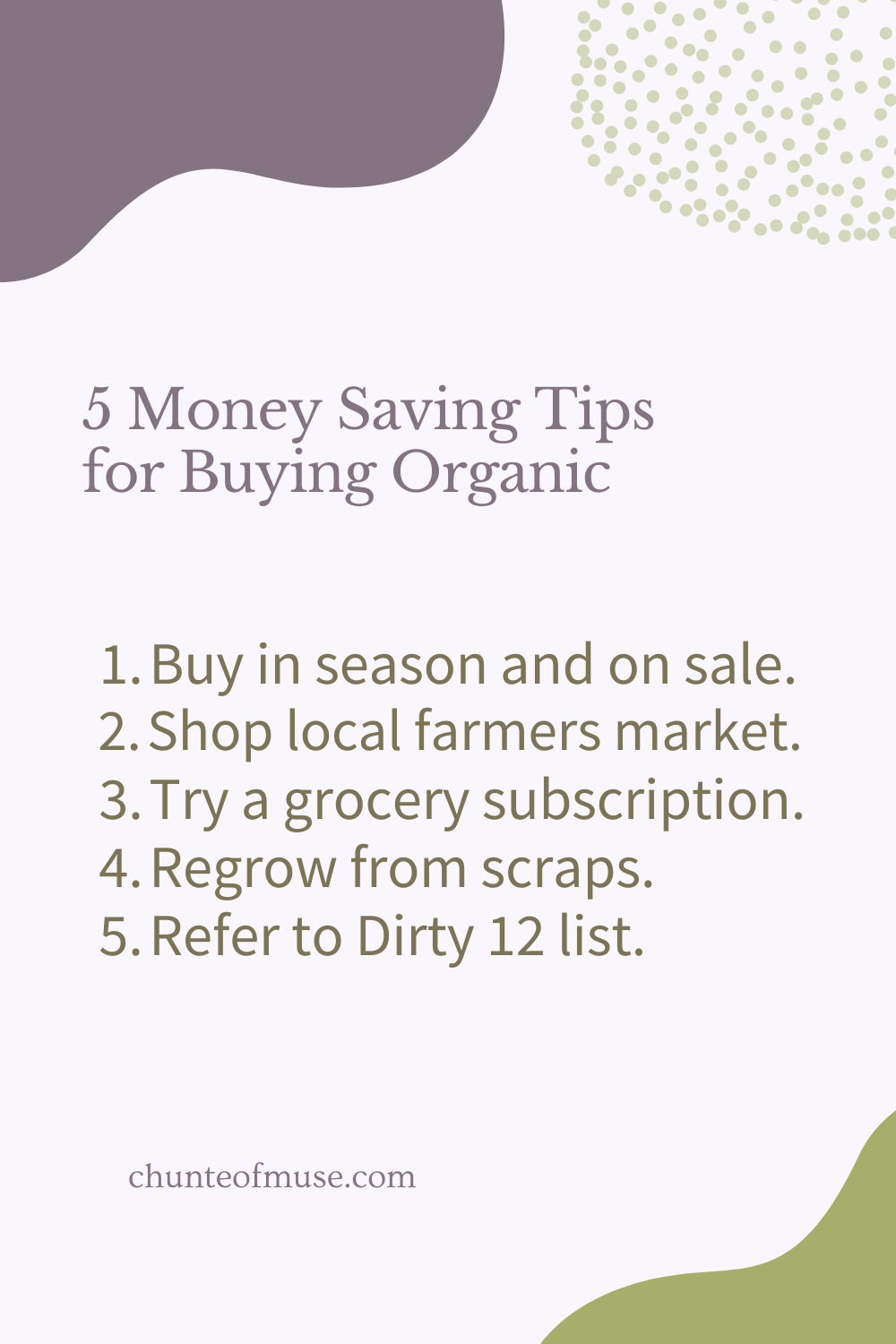
View this post on Instagram
*This post is not intended to replace medical advice and is for educational purposes only. View full disclosure here.
*This post may contain affiliate links that allow me to earn a commission on purchases made from this post.

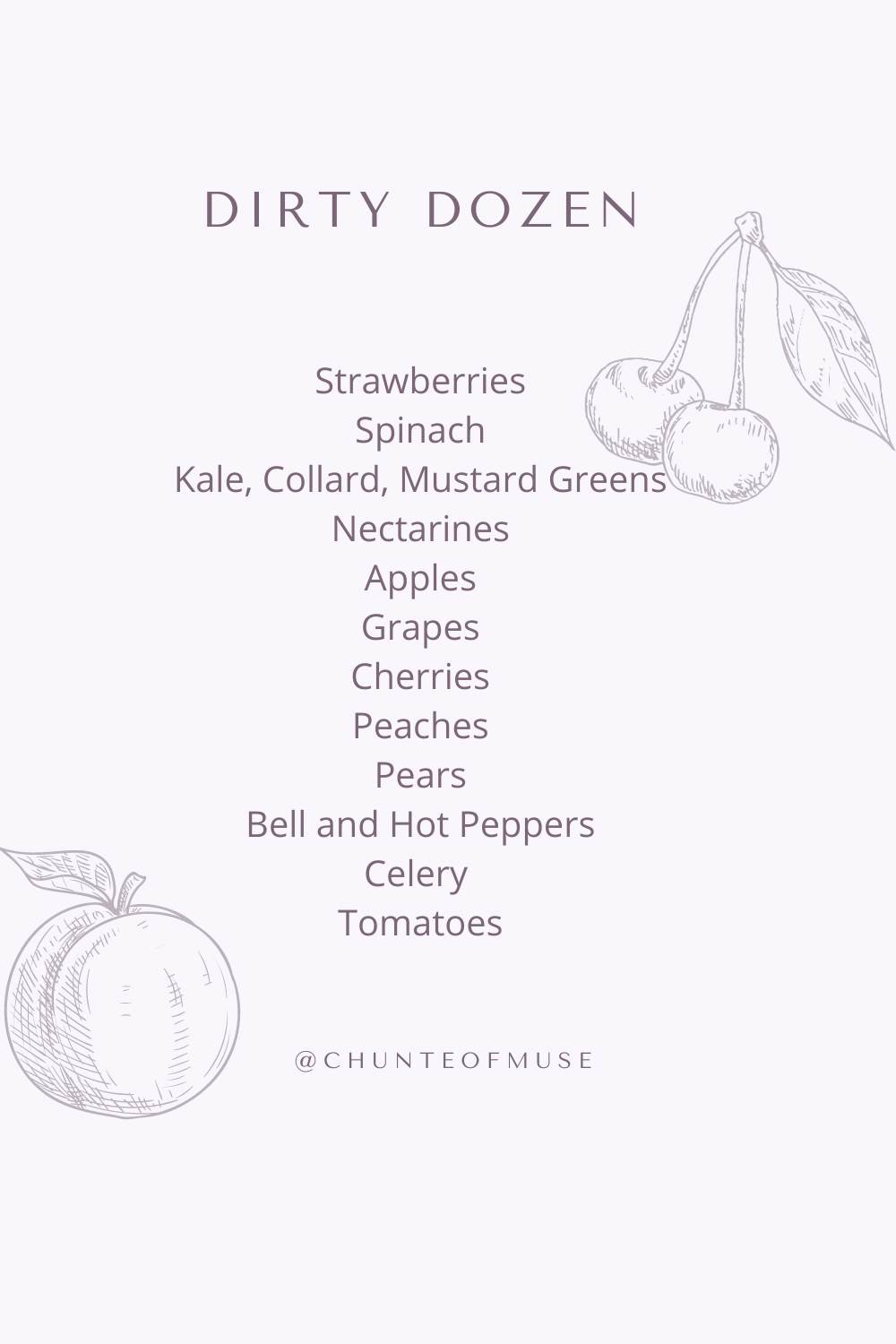
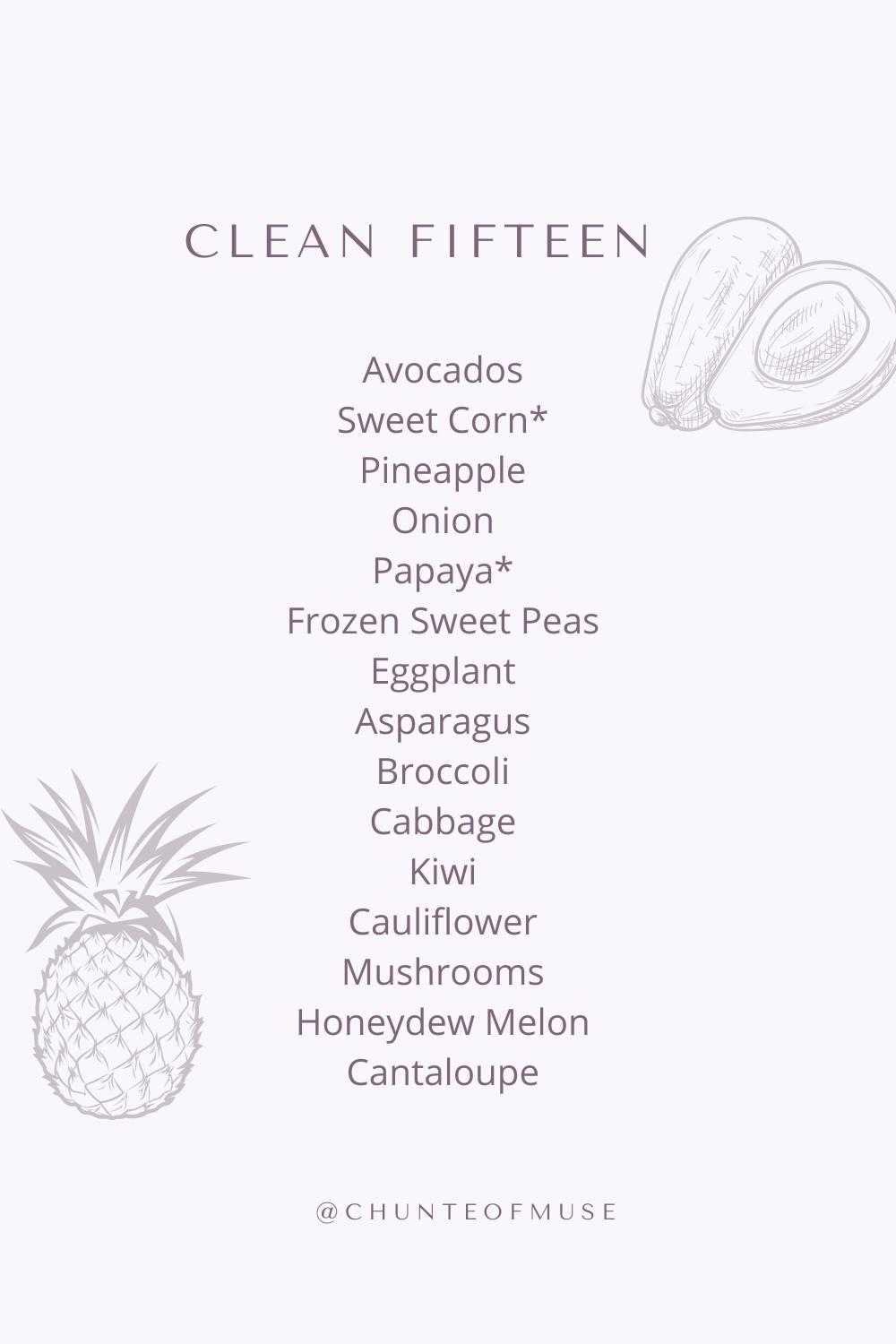 ale, which is usually also in season. I also have a maximum price for how much I’m willing to spend on any given item. For example, I only buy berries when they’re under $3 a container.
ale, which is usually also in season. I also have a maximum price for how much I’m willing to spend on any given item. For example, I only buy berries when they’re under $3 a container.
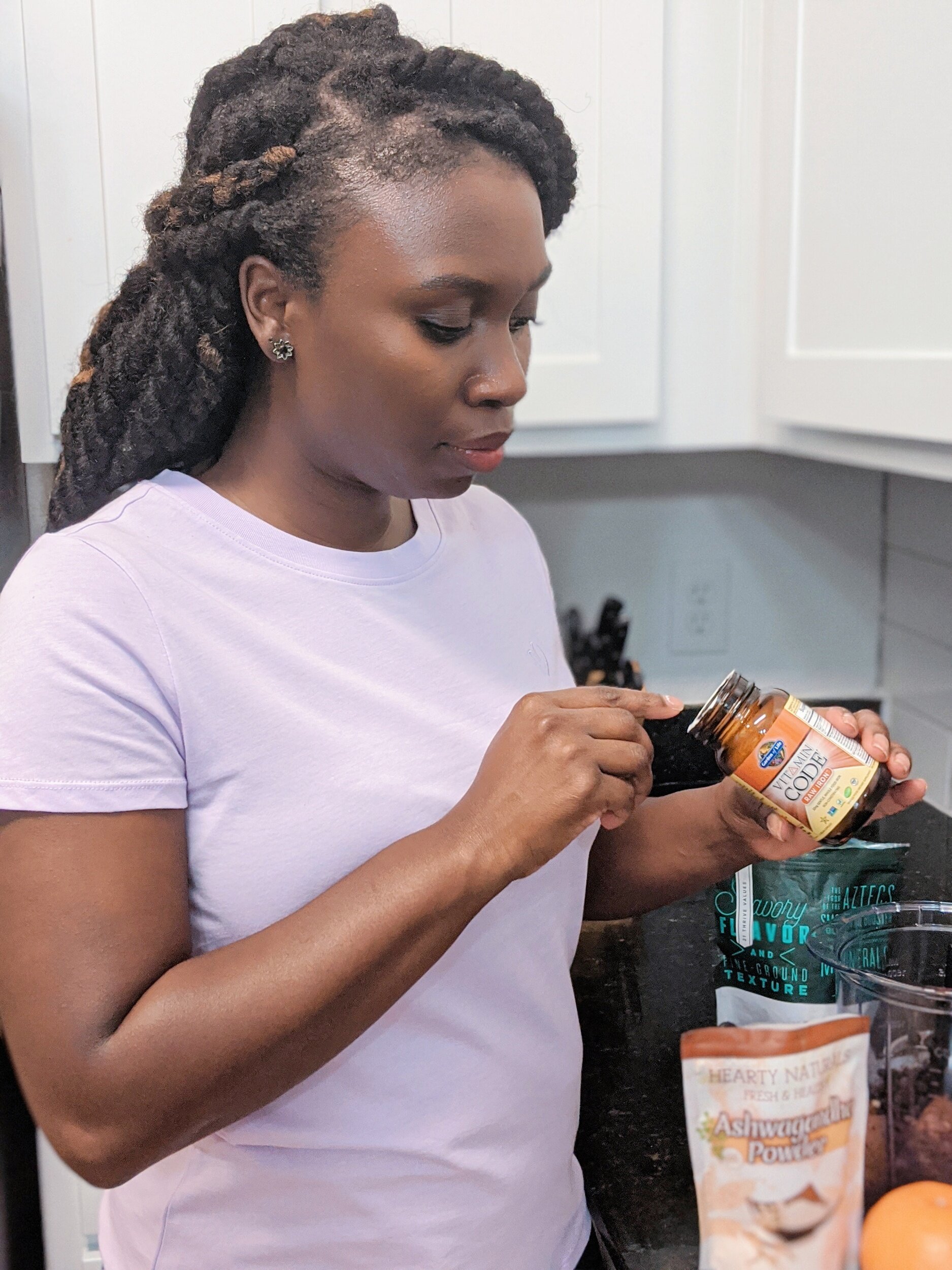


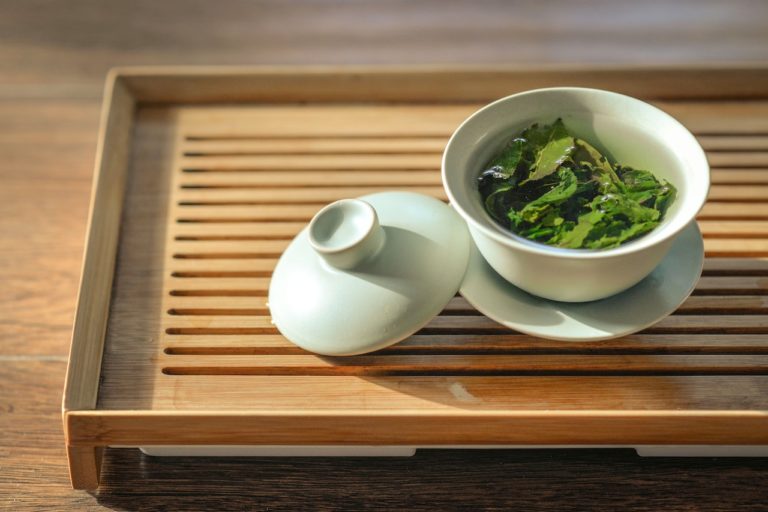
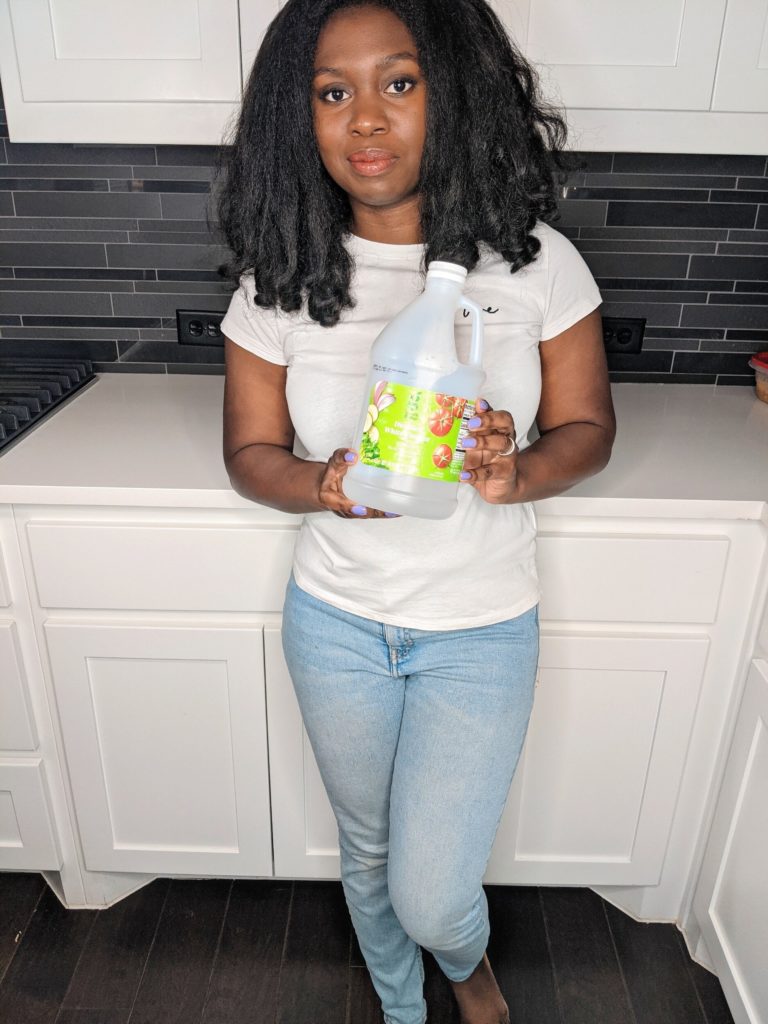
These recommendations are very helpful. Definitely will follow them more often. Especially buy more of the "clean 15" products. Thanks for sharing!
Thanks for reading. I’m so glad you found it helpful!
I remember working on a research project about the organic industry in the US about 20 years ago. Nothing much has changed! This has been a great reminder about the dirty dozen – they’re usually the ones I like to eat the most. 🙁
Yes, Margaret. Unfortunately things are not as straightforward as they should be. Just curious: what were some of the things that stood out most in your research project?
Yes, Margaret. Unfortunately things are not as straightforward as they should be. Just curious: what were some of the things that stood out most in your research project?
These recommendations are great. Thanks for the informative post. Will definitely consider buying more organics
Glad you found it helpful, Alita.
These are great lists and suggestions. Thanks for sharing them!